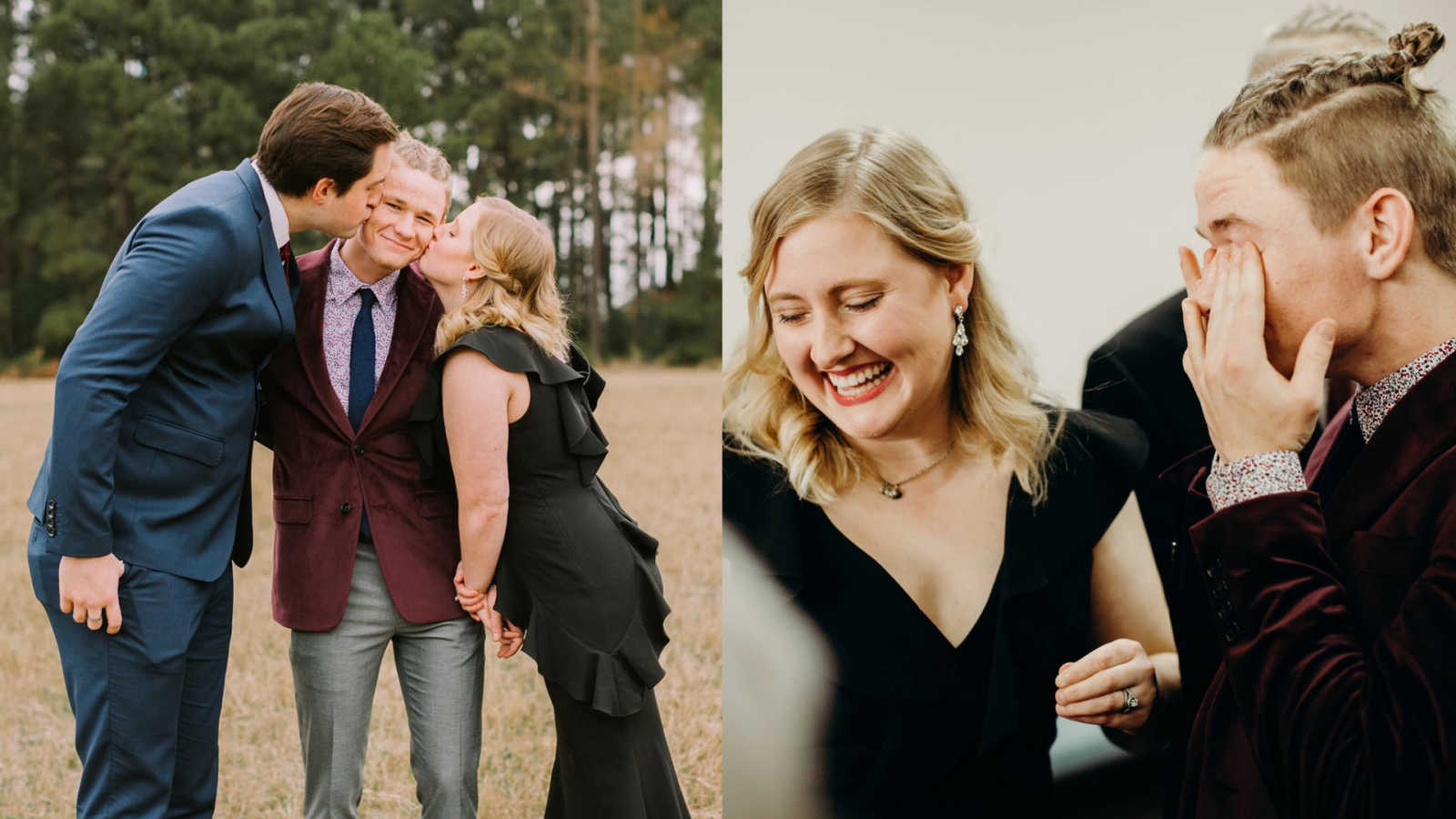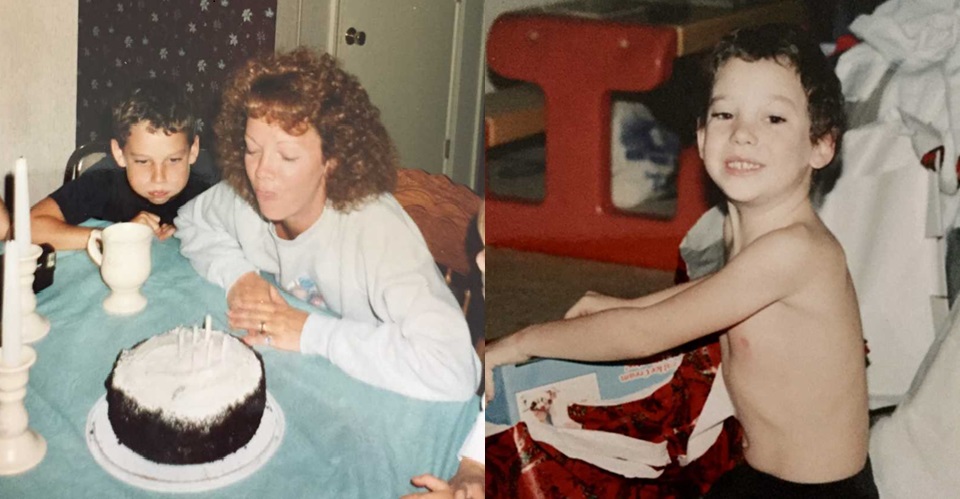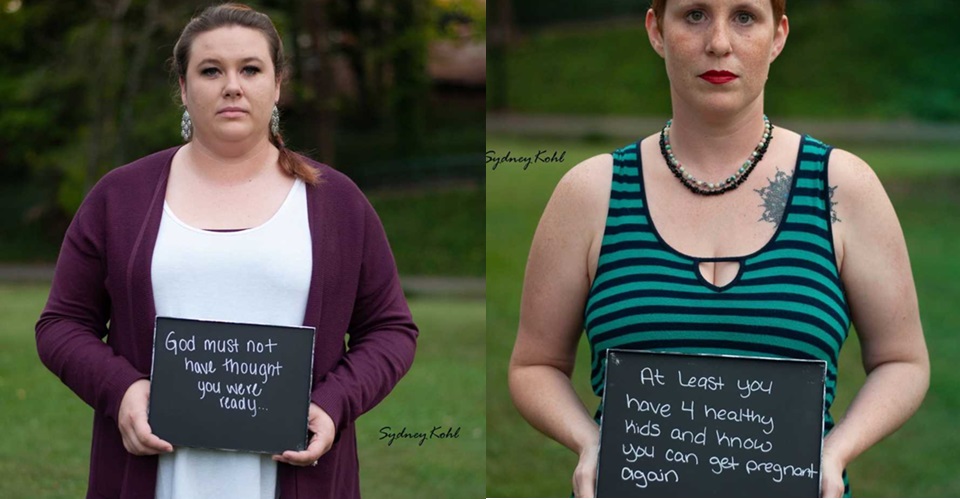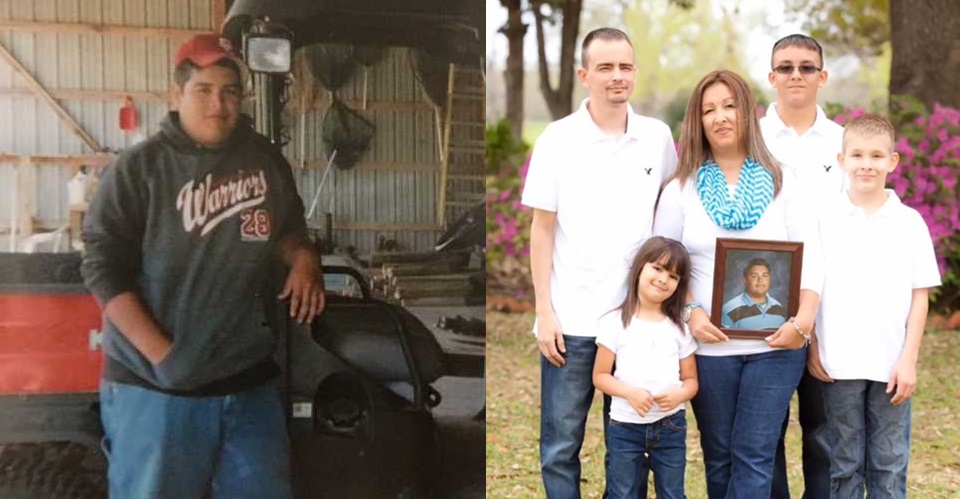Before I met my husband, I had strong feelings that I might not have had my biological children. It felt natural to me; breathing wasn’t something I questioned much. But I didn’t fully understand what that meant for me emotionally until I met the man I would eventually marry.
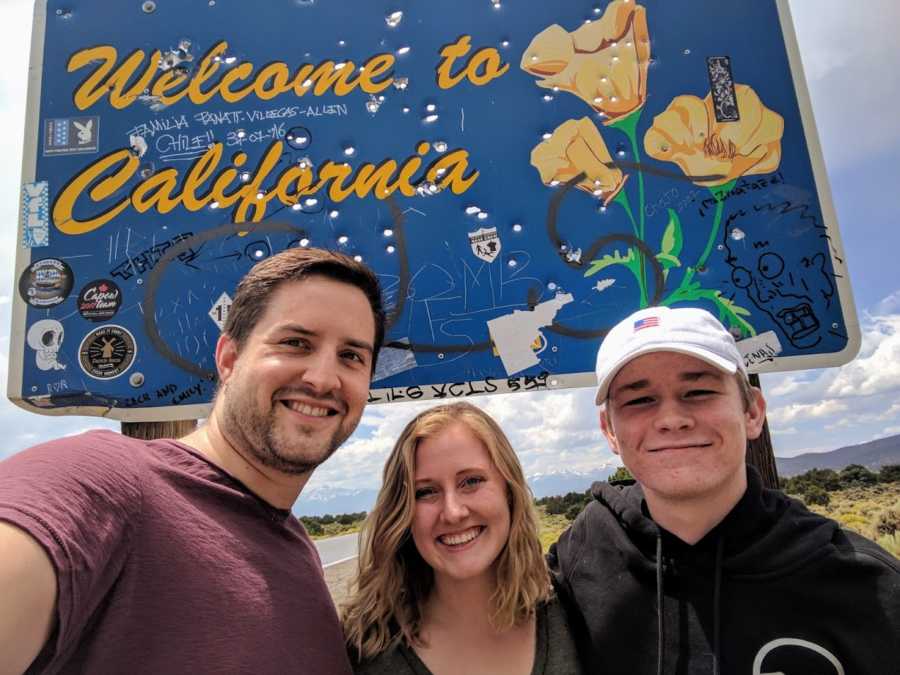
As a pastor’s daughter, people expect me to marry a good man and have a big family. But deep inside, I felt God had another path for me. That didn’t make it easy. People often don’t understand those who take a different route in life. Some people can be mean or quick to judge when your choices don’t match theirs. But my husband chose me without any doubt. He accepted the things that others criticized. He never wished I was different or that our life would be more traditional. Soon after we got married, we started working as youth pastors in our church. Every Sunday, our church gets filled with other kids, not our children, but the teenagers we mentored. It felt entirely right
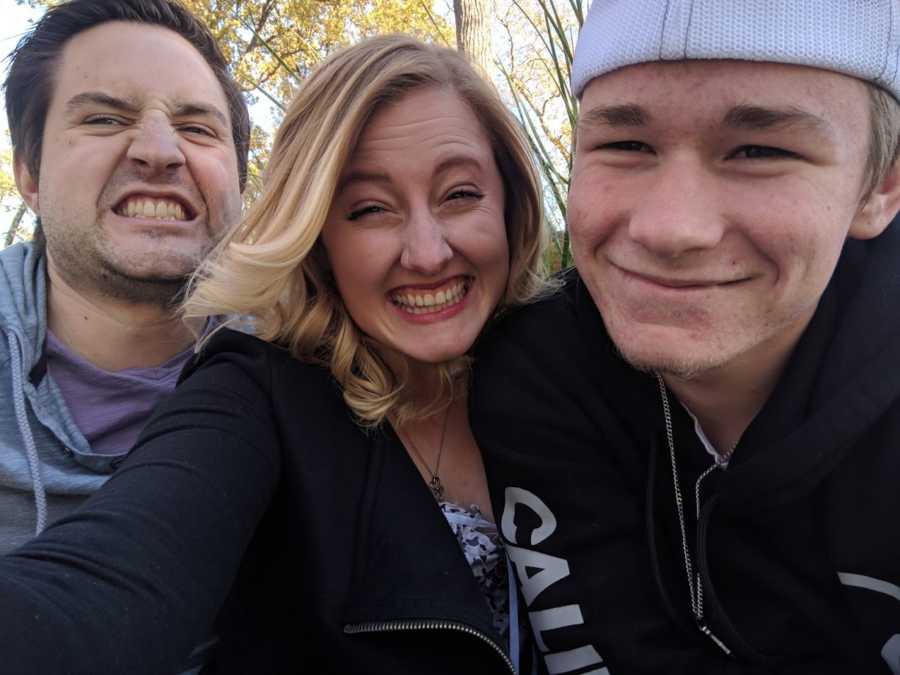
We worked with many young people from complex backgrounds and homes full of pain, poverty, and confusion. They need help, love, care, someone who believes in them, and three years after we get married. We felt a deep calling to do more. Sundays and Wednesdays weren’t enough anymore. We wanted to help every day.
That’s what we do when we start talking about foster care and adoption, but as young couples in their mid-20s 20s, people are criticized. They usually said that we should have to wait for our babies. They said we should protect my husband’s legacy. Some even warned us that adopted kids, especially teenagers, had many problems. Others assumed we were only doing this because we couldn’t have biological children.
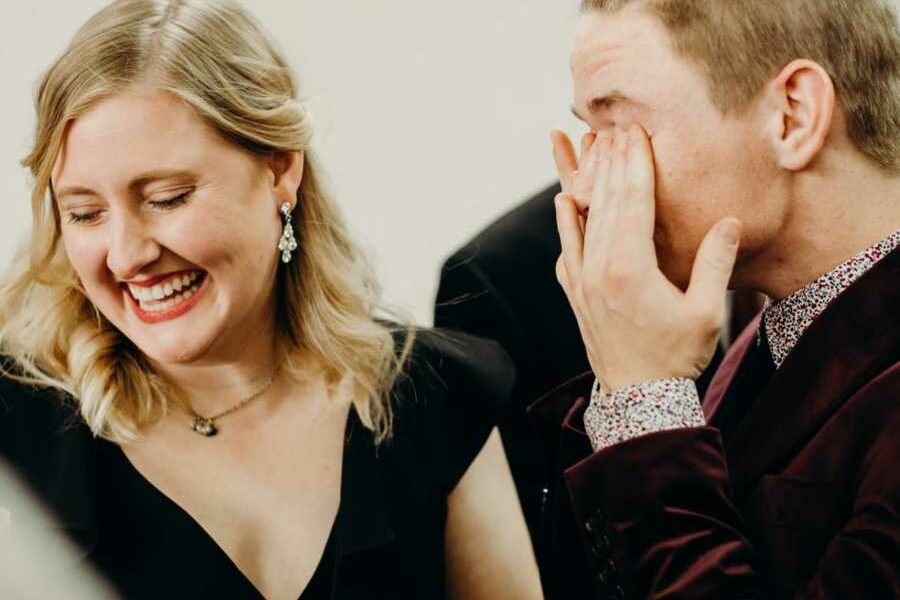
We ignored each other and took foster classes, and my husband got a vasectomy. We wanted people to know adoption wasn’t our backup plan. It was our first choice.
We focused on helping teenagers, which brought even more doubt from others. People warned us teens were dangerous or too broken. Some said I was ruining my body or that no teen would ever see us as birth parents.
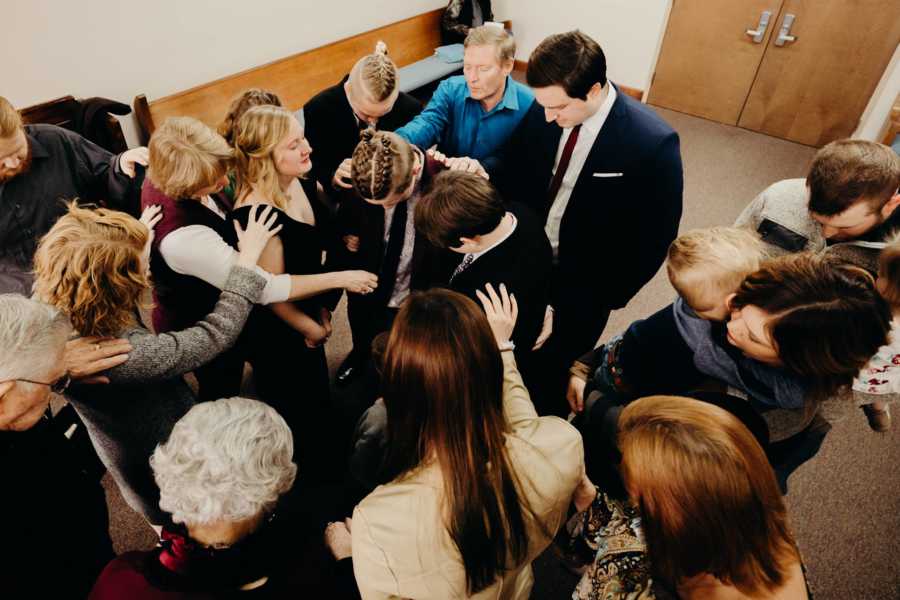
The nine months it took to get licensed were filled with painful words. I often sat in the empty room of our house at night, crying and praying for the children we hoped to have who would one day call our home their own. I hoped they could somehow feel the love we already had for them.
When we finally got our license, a caseworker asked, half-joking, “You want teenagers? Are you crazy?” I smiled and said, “Just a little.” She mentioned a few teens, then asked if we agreed to take in a child, a 16-year-old boy who needed a place that very night. I said yes right away.
My husband, surprised, asked if we should pray about it. I told him, “I’ve already prayed. God’s answered.” He paused and then said, “She’s right. Bring him home.” That night, I felt both scared and calm. When our son arrived, he had only a fishing pole and a small bag with old clothes. He was quiet but polite. I cried as I washed his clothes, heartbroken for what he had been through.
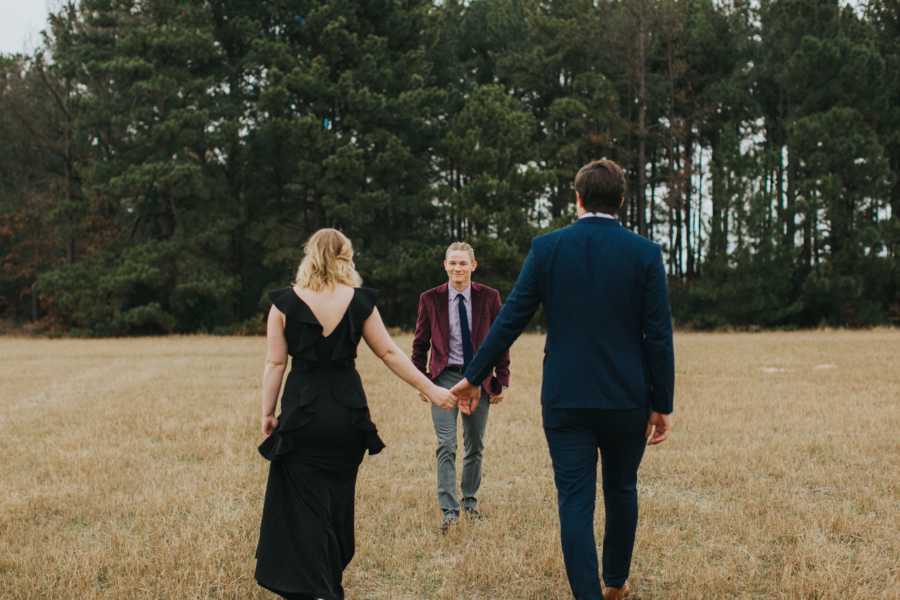
He had no birth records, name, weight, or time. He had lived with his grandmother until she became too sick, then moved through homes where he faced pain and rejection. At 16, he called CPS, saying he had nowhere to stay.
Over time, he began to trust us. One day, through tears, he said, “I’ve waited my whole life to be treated this way.” After three months, we gained legal custody. Even though we couldn’t adopt him as a minor, we promised he would always be a part of our family.
At 18, he started using our family surname. He finally had parents, a home, and a future. His name is Randall. Now, he’s in school, playing baseball, and dreaming of college and a career he feels love.
We’re still fostering and plan to adopt two more teens this year. When people ask how many kids we want, we say: “We never planned to have any. It’s just that more kids need our family.”
